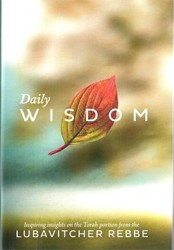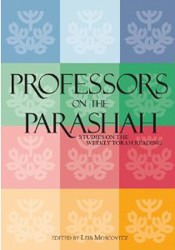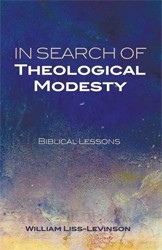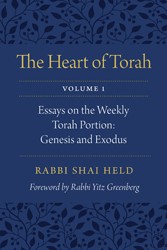Books of the People is a collection of twelve essays, each of which is devoted to a seminal work of Jewish thought from a thousand-year period between the tenth and twentieth centuries.
The authors of the original works organized their ideas in different ways. Emunot VeDeot, Guide for the Perplexed, Sefer HaIkkarim, and Tania are all encyclopedic works that attempt to define Jewish beliefs and practices in a self-conscious and organized fashion. The Kuzari and Nineteen Letters take the form of polemical interactions between a knowledgeable representative of observant Judaism and individuals whose abundant questions serve as a foil for discussing great Jewish ideas. Gevurot HaShem is devoted to an explication of Midrash and Aggadah associated with Passover. Rabbi The Tales are fantastical stories, reminiscent of fairy tales, unaccompanied by an authoritative author’s explanations of their religious symbolism. Haamek Davar is a running commentary on the bible. Orot HaTeshuva is a Talmudic and mystical appreciation of the centrality of repentance in Jewish thought. Halakhic Man is the development of a specific human typology whereby the religious individual attempts to incorporate Divine principles into this-worldly existence. And Pachad Yitzchak is a collection of public addresses that are structured according to the Jewish holidays and champion the individual and his creativity.
The authors of the essays help the reader understand how each of these works was the product not only of a great mind, but also one was conscious of and influenced by his background and surroundings. Consequently, Rabbi Saadia Gaon was responding to critiques of the balance between reason and revelation, the purpose of the Commandments, ethical theory, and human freedom; Yehuda HaLevi analyzed the dialectic between Jewish eternity and the numerous persecutions that the Jewish people experienced; Maimonides, according to one view, simultaneously had in mind four different readers: the dogmatic theologian, the orthodox Aristotelian, the critical Aristotelian, and the intellectualist mystic. Rabbi Joseph Albo was bent on defending Judaism from Christian denigration; Maharal wished to demonstrate that theological truths can be derived not only from the Bible, but also from Rabbinic literature; Rabbi Shneur Zalman of Liady wrote an organized theology of Chassidut in response to attacks by Mitnagdim; Rabbi Nachman of Bratslav utilized apparently simple stories told in Yiddish to discuss deeper, allegorical matters; Rabbi Naftali Tzvi Yehuda Berlin wished to apply the tools of analysis used in poetry to the explication of the bible; Rabbi S.Rabbi Hirsch addressed the younger, post-Enlightenment generation that was rejecting religious tradition; Rabbi Kook applied the features of the radical rebellion against religion to fuel his argument regarding how a return to religious observance will ultimately take place; Rabbi Solovetchik responded to Kant’s critique of traditional religion by demonstrating how a devotion to Halacha could allow for autonomy and creativity; and Rabbi Isaac Hutner combined the profound personal teachings of the Mussar Movement with the spiritual-mystical teachings associated with Rabbi Kook.
Finally, while each essay can be read on its own terms, it is interesting to consider the book as a single unit, reflecting the evolution and gradual refinement of Jewish thought as it reacted to societal trends and concerns. Books of the People offers much food for thought to the serious student of Judaism.





